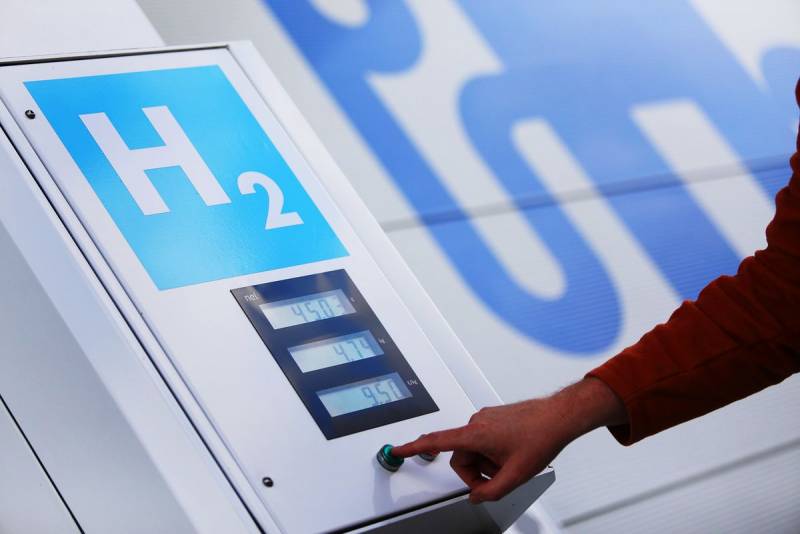South Africa will need to attract investment of $14 billion if it is to develop a substantial green hydrogen industry, the head of the government’s climate finance task team said.
An initial amount of $1 billion would be needed to create an industry that could export 20,000 tons of the climate friendly fuel annually and a further $13 billion to attain a 270,000 ton target, Daniel Mminele, the task team head, said in a speech this week, a copy of which was seen by Bloomberg.
Mminele, a former central banker, was this year appointed to negotiate details of an offer of $8.5 billion in climate finance from some of the world’s richest nations to help South Africa cut its reliance on coal. Still, he told a think-tank this week, some of that money would need to go toward developing green hydrogen and electric-vehicle industries in South Africa.
“By decommissioning coal-fired power stations through a managed process and rapidly expanding alternative sources of power, South Africa can achieve greater security of supply,” he told the Mapungubwe Institute for Strategic Reflection. “In addition, investments in green hydrogen and electric vehicles are essential complementary investments.”
Mminele’s comments highlight South Africa’s desire to strike a balance between developed countries’ aims of seeing their funding reduce climate-warming emissions and the African nation’s need to transition its coal-dependent economy to clean energy without jeopardizing jobs and income.
The offer of funds in the form of concessional loans and grants from the UK, US, France, Germany and the European Union was announced at the COP26 climate summit in Glasgow in November. The donors expect the bulk of the funds to go toward closing down coal-fired plants and replacing them with renewable energy, a senior US official involved in the talks said in March.
“The plan should include components that can be addressed in parallel to the energy investments,” Mminele said. The hydrogen investment need was a government estimate, he said in a response to a question from Bloomberg.
Investment in green hydrogen has been spurred by Russia’s invasion of Ukraine, which has driven up natural gas prices and threatened security of supply. Investment funds, governments and utilities are pledging to spend billions of dollars in creating a market for green hydrogen.
While South Africa is currently dependent on coal for more than 80% of its electricity, its abundant solar and wind power potential make it an ideal location for green hydrogen, which is produced using energy from renewable sources to split water to generate the clean-burning gas.
South Africa doesn’t produce electric vehicles, although its car industry is one of the nation’s biggest export earners. European countries are imposing regulations that will see a rapid shift to the use of electric vehicles.




